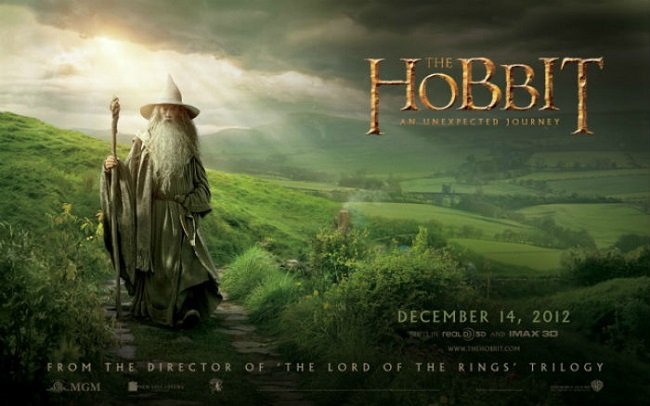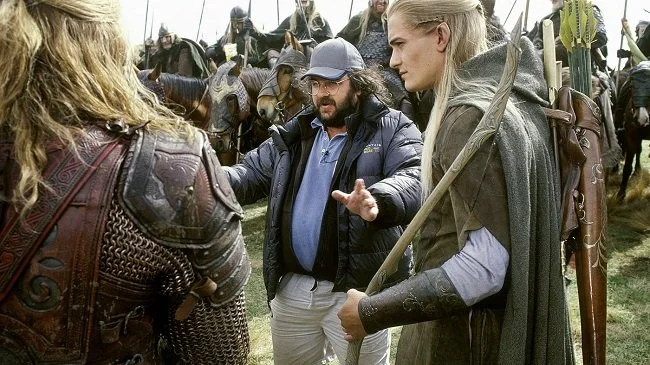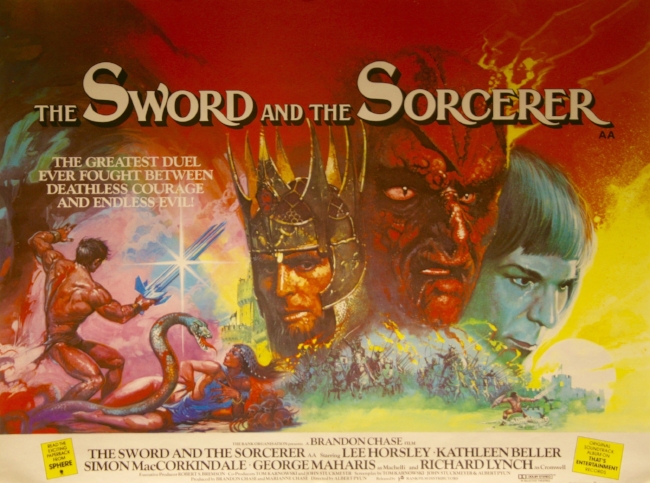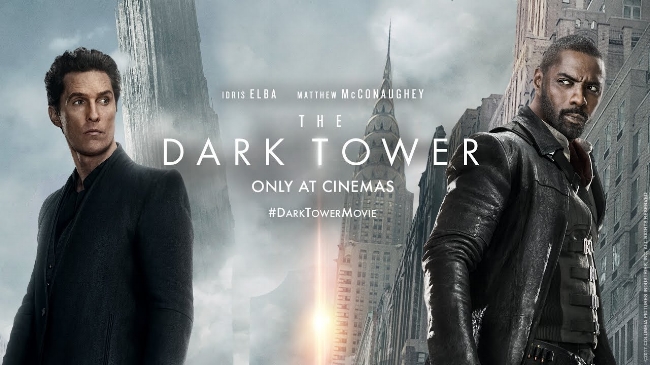Arabian Adventure (1979)
Before I begin, let’s just take a moment to remind ourselves about the notion of historical context. Movies, like so many other aspects of popular culture, reflect the prevailing attitudes of the time they were created. The reason I mention this is because within a few minutes of watching Arabian Adventure, viewers will become abundantly aware that the movie is very much product of British film making from the late seventies. If you are particularly sensitive on such issues as identity and gender politics, as well as historically accurate depictions of cultures and societies then watching this movie may prove jarring. If however, you view it through the prism of historical context and do not try to judge it against contemporary standards, then it may be an easier experience.
Evil caliph Alquazar (Christopher Lee) offers the hand of his daughter Princess Zuleira (Emma Samms) in marriage to Prince Hasan (Oliver Tobias) if he can complete a perilous quest for a magical rose. With the help of a young street urchin Majeed (Puneet Sira) and his faithful pet monkey, the pair have to face fire breathing monsters, a malevolent genie (Milton Reid) and treacherous swamps to reach their prize. The plot is very simplistic and generic. No archetype is left unturned. Lee smoulders, Tobias is heroic and Samms is just there to look good (it is a shockingly vacuous role for a female lead). Every conceivable cliché associated with Western interpretations of traditional Eastern tales is present and it all comes across as a pastiche of Sinbad, Ali Baba and Aladdin. The cast is conspicuously Caucasian and the production is mainly set bound at Pinewood studios. The optical, miniature and matte painting effects by veterans such as George Gibbs and Cliff Culley are simplistic, entertaining but hardly convincing.
The film was the last of several fantasy movies directed by Kevin Connor and produced by John Dark during the seventies. The previous being The Land That Time Forgot, At the Earth's Core and Warlords of Atlantis. However, despite having the biggest budget of all these productions, it failed to find an audience at the box office. In a post Star Wars world, it all seems a bit twee, lacking in scope and excitement. There’s little to recommend it to modern audiences as it all seems dated, cheap and a little awkward due to the racial and cultural stereotyping. From a movie buffs perspective, Arabian Adventure is a veritable who’s who of stalwarts of the UK film industry from the late seventies. The cinematography is by Alan Hume who would go onto film Return of the Jedi and several Roger Moore Bond films. It’s always nice to see such genre favourites as Shane Rimmer and the great Peter Cushing. But overall the movie is a far cry from Zoltan Korda’s The Thief of Bagdad and its box office failure is mainly due to being in the wrong place at the wrong time, just as audiences taste were changing.



















